ARPA Funding Navigator: A Boon to Public Health
Public health is a collective, political matter, which makes policy and funding the primary tools for health improvement. This simple recognition renders the Georgia Health Policy Center’s ARPA funding navigator an invaluable contribution to American public health.
Why Policy Matters
Physical well-being is health. But health isn’t just about physical well-being. Housing, financial security, green spaces in your neighborhood, and many other factors play a crucial role in your overall health. In fact, the literature tells us that 80-90% of a person’s health depends on these social determinants of health.
It follows that improving the health of our communities requires addressing all these interrelated ‘determinants’. But promoting in one fell swoop financial security, housing, nutrition, employment, and more, seems like a tall order. So, what is the best way to improve public health?
Historically, answers have ranged across a broad political spectrum. Some, for example, have advocated for individual behavioral change. Others have contended that economic growth through deregulated market competition would provide innovative health solutions.
It is certainly true that individual actions and economic productivity in some ways, and at some times, can have a positive effect on population health. However, they tend to leave root causes unaddressed while often lacking the necessary scale and sustainability. After all, individual behavioral change can do little to limit pharmaceutical price hikes or build a network of lead-free water pipes. Meanwhile, the wealth that economic growth accumulates only creates the potential for population health improvements. Whether we realize this potential or not depends entirely on our decisions on how we use our nation’s wealth. That’s a question of politics and, ultimately, policy measures.
Examples of the power of policy abound. A popular example is the Clean Air Act of 1963 (and its subsequent amendments), which radically reduced air pollution in the decades that followed, saving hundreds of thousands of lives. Or consider policy interventions during the COVID-19 pandemic. Countries that enacted top-down policy measures from the outset saw better outcomes. You may compare the laggard nations of the United States and the United Kingdom to the more proactive governments of Germany and New Zealand. The contrast in outcomes, driven by policy, is revealing.
Navigating Policy Funds
The historical record shows that policy can improve public health with unparalleled effectiveness. Perhaps, one of the most important ways in which it can do so is by directing funds toward an array of public health efforts.
Since the start of the COVID-19 pandemic, our country and the world have seen how important public health systems are to ensuring and protecting the safety and health of our people. President Biden allocated $1.9 trillion dollars to the American Rescue Plan Act (ARPA). Indeed, there has never been such a large amount of federal funding flowing into states, so it is vital that both states and organizations know how to navigate the funding streams.
The Georgia Health Policy Center has created a website that revolutionizes how organizations and stakeholders can view the breakdown of ARPA funding.
They have divided funds into 5 different categories:
Breakdown by Social Determinant of Health
Detailed Overview of the Investment Opportunities
State and Local Fiscal Recovery Funds
State Snapshots of Verified Funds
Notice of Funding Opportunities
The site allows users to sift through the funding through multiple different filters including state, county, city, and non-entitlement units of local government (NEUs) allocations. The funding is also broken down by different categories of social determinants of health. This is a great resource for community-based organizations (CBOs) and other organizations looking to find funding through ARPA.
Funding for public health initiatives is evidently crucial. But if communities and organizations cannot find allocated funds, then the resources go unused. Our DASH initiative recognizes the Georgia Health Policy Center resource as an invaluable asset to communities and organizations. Specifically, the organizations that participate in our Learning and Action in Policy and Partnerships (LAPP) funding program, as well as other programs, could benefit greatly from knowing where investments are made in their state, county, and city.
The LAPP program takes a unique approach to systems change that involves the inclusion of people with lived experiences in finding and creating solutions to issues they face in their own communities. People with lived experience have a knowledge base that is exclusive to them and others that have dealt with the same issues and injustices. By including these individuals, LAPP is looking at more sustainable and just solutions to issues related to data-sharing and collaboration across sectors for health. LAPP supports the inclusion of community voices in decision-making to create a culture that lifts individuals and supports well-being.
The inclusion of people with lived experiences in policymaking and governance gives our communities the greatest chance of finding solutions to issues in the public health and social services sector, as well as making them sustainable.
We encourage all stakeholders, including community-based organizations, accountable care organizations, managed care organizations, and states, to avail themselves of this unique funding navigator.


